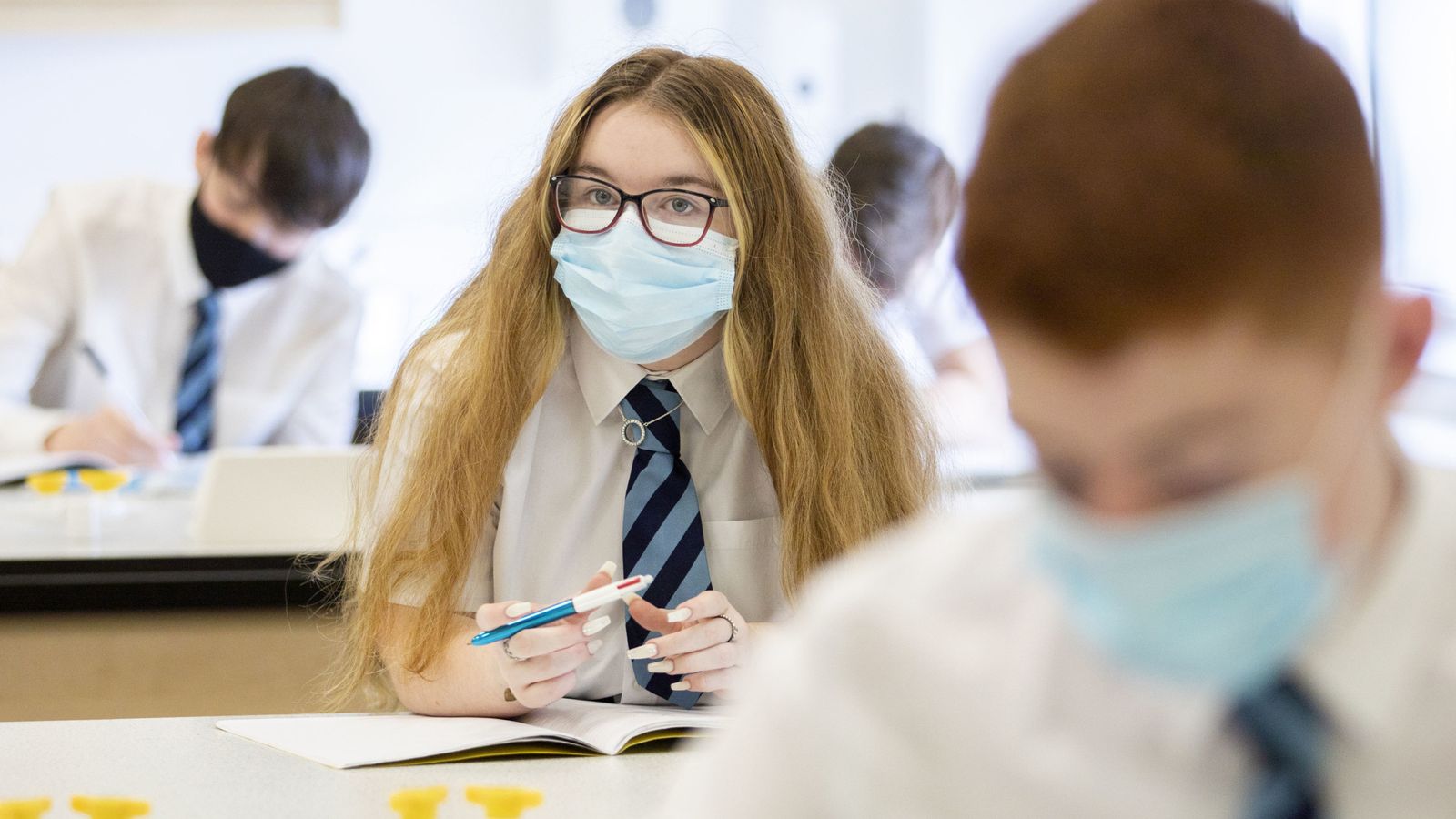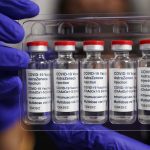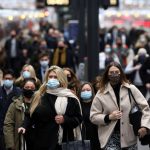The clinical trial results released on Friday by the Medicines and Healthcare products Regulatory Agency (MHRA) show once again just how good the Pfizer-BioNTech vaccine is.
It not only protects adults to an impressively high degree; we can now say with some certainty that it safeguards older children too.
It is now up to the Joint Committee on Vaccination and Immunisation (JCVI) to advise on whether this entire age group of 12 to 15-year-olds should be vaccinated, a decision fraught with ethical complexities.
Live COVID updates from the UK and around the world
The question they will have to ponder is whether it is worth giving the vaccine to people who are only at limited danger from COVID-19.
When it comes to older adults, the risk-benefit calculation is clear: the vaccine is very safe and the virus is very dangerous.
But younger adults are far less likely to be hit hard.
If we have doses to spare for them, wouldn’t we be better off distributing it to at-risk adults around the world?
One aspect of this consideration is safety.
If a vaccine is potentially risky, then giving it to someone who doesn’t need it seems ethically dubious.
But of the 2,000 children aged between 12 and 15 who were involved in the clinical trial, none reported any new side effects.
Most experienced nothing more than a sore arm or tiredness.
The numbers involved are too small to be totally sure that rarer side effects don’t exist, but they give a cautious green light to further rollout.
This is why the JCVI will be looking carefully at the data on effectiveness, particularly the parts which suggested that the vaccine might be able to stop the spread of coronavirus.
None of the children in the vaccinated group caught COVID-19 once their dose had kicked in.
By contrast, there were 16 cases in the placebo group.
Professor Neil Ferguson has suggested that the Delta variant, formerly known as the Indian variant, might be as much as 60% more transmissible than the Kent (Alpha) variant.
If this is the case, then it may be hard to contain it by vaccinating adults alone.
Adding socially active teenagers to the vaccine rollout might make a difference when it comes to controlling the spread, both in the population as a whole and in schools.
Vaccinating younger people might help prevent further disruption to their education and social development – that can only be a good thing.
We should also not ignore the fact that vaccination has definite health benefits for teenagers. For one thing, it protects them from long COVID.
Please use Chrome browser for a more accessible video player
The latest figures from the Office for National Statistics suggest that 19,000 children aged 12 to 16 have had COVID symptoms lasting more than four weeks, so while they appear to be at less risk than adults, there are still benefits to protecting them.
Against this, however, we have to set the huge benefits that would be gained by providing doses of the vaccine to poorer countries.
Here, they could not only prevent death and serious illness, they could, if properly targeted, stop the virus from spreading.
Think what a difference it would make if every healthcare worker in the world was vaccinated. That would be a shift of global significance.
These are not easy choices, but they are also not choices where there are only two options.
Subscribe to the Daily podcast on Apple Podcasts, Google Podcasts, Spotify, Spreaker
You could compromise at home, by offering the vaccine to clinically vulnerable teenagers. Then, in addition, you could organise a mass vaccination effort abroad.
As Sir Jeremy Farrar, the head of the Wellcome Trust, said on Friday: “The best way to protect the UK from future variants is through global vaccination.”
It might not have the same immediate effect, but leading on worldwide vaccination is actually a way of protecting children and their families – it might take longer, but it’s more likely to last.






















